By Fran Wilson, Patrick Andrus and Laura Hudock on behalf of the Notables Committee For 27 years dedicated members of the Children’s Literature Assembly have served on the seven-member committee tasked with selecting 30 Notable Children’s Books in the Language Arts (NCBLA). While enthusiastic summaries of each title on the annual NCBLA list have been a highlight for readers of the Journal of Children’s Literature and Language Arts as well as for session attendees at the annual National Council of Teachers of English conference and Tucson Festival of Books, in coming months the instructional possibilities of selected NCBLA titles will now regularly feature on this blog. To launch this resource alongside the announcement of the 2024 NCBLA list, three current members Fran Wilson, a second-grade teacher in Madeira, Ohio and the 2024 NCBLA Chair, Patrick Andrus, a fourth-grade teacher in Eden Prairie, Minnesota and the 2025 NCBLA Chair, and Laura Hudock, an assistant professor of literacy and children’s literature at Framingham State University wish to pull back the so-called curtain to shed light on the selection process. All titles on the annual NCBLA list are works of fiction, nonfiction, and poetry penned for children in grades K-8 and published in the previous calendar year. These selected children’s books have to exemplify additional criteria, including
The exemplary children’s books named to each NCBLA list are high-quality texts that promote language arts and offer a range of literacy-related instructional possibilities. For example,
As we narrow down 768 prospective titles to a list of 30, the two *asterisked criteria often serve as our guiding light for envisioning instructional possibilities. Though we may anticipate a particular title’s positive reception to an audience of K-8 readers, we need to be certain that our assessments align with the responses of actual children. So, committee members often read aloud to their young children, grandchildren, K-8 students, and under/graduates enrolled in children’s literature and literacy courses. Patrick and Fran will highlight two ways we informally tested the asterisked criteria for titles published in 2023 and considered for the 2024 NCBLA list. Patrick’s Polling Insights During scheduled Zoom meetings each committee member nominates titles read to date as potential final selections based on NCBLA criteria, but we often wonder about how the intended audience of K-8 readers would receive these books. To help prioritize the target audience in committee discussions and voting, I (Patrick) have had the opportunity to share these nominated titles with my fourth-grade class. Throughout the past voting year, I tested out various picturebooks with this real-life "studio audience" to obtain a sampling of up to twenty-five elementary-aged readers’ honest, authentic opinions. I share one picture book each school day as part of my daily teaching routine. My fourth-graders become excited when they know I'm testing a picture book - they’re eager to contribute to the selection process and take this role seriously. My students offer their candid observations, inquiries, and themes related to these books. Many times after I finish one of the book selections, a student will shout out, “Now that is a five-star book!” or predict, “That one is going to be the winner this week.” At the end of the week, I collect their votes for the favorite picturebook of the week. Of note, some titles have been redacted. Of those deemed potential final selections for the NCBLA list by our committee, some fell flat with my students when real aloud while others delivered positive responses. Sometimes, quite surprisingly to our NCBLA committee, a title would receive overwhelmingly enthusiastic engagement compared to other contenders. The diverse preferences among my students, reflected in the voting screenshots I share with the committee via text messages, enrich our conversations and reaffirm our mission to select the thirty best titles each year. Fran’s Student-Initiated Persuasive Essays When I (Fran) shared A Few Beautiful Minutes: Experiencing a Solar Eclipse, a picturebook written by Kate Allen Fox and illustrated by Khoa Le, my second-graders quickly noticed that the endpapers had illustrations featuring the stages of a solar eclipse. They were not only mesmerized by the rich, descriptive text highlighting the observable changes happening over a few beautiful moments but also appreciated the colorful illustrations depicting people gathering to make once in a lifetime memories. Upon learning that a total solar eclipse would be visible in many parts of North America this year, they wanted to know if their city was in the path of totality. After some research, guess what they discovered? They live on the southern limit! After realizing the disappointment that April 8th was a school day, many students decided to voice their opinion–not just to me, but to my school district’s superintendent. Using information in the back matter and additional research, they wrote persuasive essays on why they should be released from school to experience the eclipse with their families. Here is a an example of a second grader’s two-page persuasive essay: [Insert Blog_Pic 4] Lo and behold, my superintendent called an early release on April 8th! My students have realized the power of voicing their opinion. Now, I can’t wait for them to learn the titles on the 2024 NCBLA Award list. These children will truly know that their opinions matter! Drumroll please…
As members of the 2024 NCBLA committee, we are privileged to serve alongside exemplary K-16+ educators. It
is our hope that with these shared insights into the selection process
and future blog posts about the instructional possibilities, you will be
inspired. Now, we present the 2024 list of Notable Children’s Books in Language Arts.
Fran Wilson is a second-grade teacher in Madeira, Ohio and the 2024 NCBLA Chai.
Patrick Andrus is a fourth-grade teacher in Eden Prairie, Minnesota and the 2025 NCBLA Chair. Laura Hudock is an assistant professor of literacy and children’s literature at Framingham State University. 2024 Notable Children’s Books in the Language Arts Selection Committee Members
by Angela Wiseman & Ally Hauptman (2022 Co-Chairs) We invite you to join us for our annual Children’s Literature Assembly Breakfast at the 2022 NCTE Convention featuring the award-winning author-illustrator Jerry Craft! Our breakfast is on Sunday November 20th, starting at 7am (PST) and takes place in Ballroom D at the Anaheim Convention Center. The CLA breakfast is not to be missed! As you have seen in other blog posts, we will present awards, have an art auction and book raffle, and then Jerry Craft will speak and sign books afterwards! You need a ticket to the CLA Breakfast to attend. If you have already registered for the NCTE conference, but would like to purchase a ticket to the breakfast, the easiest way to do this is to call NCTE directly at (877) 369-6283. We would like to present some background on the esteemed, award-winning author-illustrator, Jerry Craft. As Publishers Weekly described in a book review about New Kid, Jerry Craft masterfully creates realistic stories that feature real life characters, “deftly weaving discussions of race, socioeconomics, colorism, and solidarity into an accessible narrative.” We were first introduced to his work when we read New Kid, which was published in 2019. New Kid is part of a trilogy; Class Act is the second book and the third will be released in the near future. This fantastic book about Jordan Banks describes his experiences dealing with life as an adolescent while attending a private school where he doesn’t always fit in. He’s one of the only students of Color at this school and experiences prejudice and racism as he realizes how both race and socioeconomic factors impact the way people treat each other. Jerry Craft is motivated to show realistic portrayals of children in his books, but he also really wants children, particularly children of Color, to see themselves in his stories.
If you regularly attend the CLA Breakfasts at NCTE, you know what a wonderful experience they are! But if you haven’t, we welcome you to join us! It’s a great opportunity to meet other people who are passionate about children’s literature, hear an amazing author-illustrator, purchase raffle tickets for wonderful books, and possibly bid on art from children’s illustrators! We hope to see you there! Angela Wiseman and Ally Hauptman Ally Hauptman is a CLA Board Member and co-chair of the 2022 CLA Breakfast Committee. She is an associate professor at Lipscomb University in Nashville, TN. Angela Wiseman is a CLA Board Member and is co-chair of the 2022 CLA Breakfast Committee. She is an associate professor of literacy education at North Carolina State University. By Suzanne CostnerI headed to Houston in November 2018 to attend the NCTE Annual Convention and moderate a panel presentation for a group of children’s nonfiction writers. I was also looking forward to the Children’s Book Award Luncheon, never realizing that it would change my life. As the presentation of the year’s winners was winding down, an announcement was made encouraging attendees to apply for a place on one of the award committees. My sister nudged me and whispered, “You could do that.” Two months later, I was beginning my term on the Orbis Pictus committee and immersing myself in children’s nonfiction. From January 2019 through December 2021, we read over 1,300 books on topics ranging from amoebas to world history. As we reviewed, debated, and voted, my favorite topics involved astronomy, aviation, and aerospace, although I enjoyed all of them. The titles that combine those topics with a picture book biography make wonderful entry points into the study of science and history. Even though my time with the Orbis Pictus has ended, I am still searching out those sorts of books to add to my school library collection. I would like to share two of those titles with you and suggest related areas your students might enjoy investigating.
To learn more about her amazing career, try the following:
Students may find helpful information in the following:
When I was a child visiting my school library, all the biographies were about famous presidents and other men. We still have a long way to go to balance the representation of women and other marginalized groups, but knowing there are authors and illustrators bringing these stories to life for today’s students is encouraging. Reading these stories of dreams achieved and challenges overcome may inspire young readers to pursue their own passions in life, or even introduce a topic to spark that passion. I hope everyone finds some nonfiction to engage their hearts and minds. Suzanne Costner, School Library Media Specialist at Fairview Elementary School (Maryville, TN) member of NCTE, CLA, ALA, AASL, ILA, NAEYC, NSTA, ISTE, CAP, AFA, AIAA By Ted KeslerI have just completed my position as chairperson of the NCTE Poetry and Verse Novels for Children Committee. Our list of notable poetry and verse novels that were published in 2021 as well as other information about the award can be found on the NCTE Award for Excellence in Poetry for Children page. In the post Exploring Notable Poetry Books for Advocacy with Children published on 3/15/2022, I presented three notable poetry piturebooks from this list that promote advocacy and offered lesson plan ideas to do with children. In this second post, I discuss three notable verse novels that promote resourcefulness and the strength of family bonds in the face of overwhelming adversity. All three verse novels featured– Samira Surfs (Ruhksanna Guidroz), The Lost Language (Claudia Mills), and Red, White, and Whole (Rajani LaRocca) – feature 12 year-old girl protagonists. Therefore, I recommend these books for grades 5 through 7 readers. First, it is important to establish what constitutes notable verse novels for children. Our committee’s definition is:
The verse novels I present in this blog post certainly meet these criteria to heighten each protagonist’s encounter with adversity. An example is from Samira Surfs. Samira, her older brother, Khaled, and their parents are now living as unwanted refugees in Bangladesh, after escaping religious persecution in Burma (now called Myanmar). “Escape”
This excerpt expresses the power of poetry to convey this harrowing experience. Guidroz uses onomatopoeia, personification, strong imagery and word choice, metaphor, line breaks and stanzas to "create images, express feelings, and stir emotions.” This book invites so many analytic and creative responses that will heighten students’ intentions for social justice. Here are some suggestions:
All three verse novels also contend with issues of trauma. I pointed out the issues in Samira Surfs. In The Lost Language (spoiler alert), Bumble and her father contend with her mother’s mental breakdown. In Red, White, and Whole (spoiler alert), Reha and her father contend with her mother’s leukemia. Here is one excerpt:
Here I turn to The Vulnerable Heart of Literacy (Dutro, 2019) for guidance. After reading this and other poems in the novel that focus on Amma’s illness, teachers might open invitations for students to share and write their own entries of times that they faced fear of illness or injury or hospitalization for themselves or loved ones that would open the vulnerable heart of literacy in the class community. These kinds of invitations are also possible for poems that describe the traumatic situations in Samira Surfs and The Lost Language. By making our classrooms sites of testimony and critical witness, we create “literacies of connection, of love, and of respect for the knowledge that comes from pain, from struggle, and toward the power of bringing that knowledge to learning” (p. 113). Ted Kesler, Ed.D. is an Associate Professor at Queens College, CUNY and has been a CLA Member since 2010. He served as chairperson of the NCTE Poetry and Verse Novels for Children Committee from 2019 to 2021. www.tedsclassroom.com | @tedsclassroom | www.facebook.com/tedsclassroom) BY JEANNE GILLIAM FAIN ON BEHALF OF THE NCBLA 2021 COMMITTEEThe NCBLA 2021 committee has the following charge as a committee:
The charge of the seven-member national committee is to select 30 books that best exemplify the criteria established for the Notables Award. Books considered for this annual list are works of fiction, nonfiction, and poetry written for children, grades K-8. The books selected for the list must meet the following criteria: 1. be published the year preceding the award year (i.e. books published in 2021 are considered for the 2020 list); 2. have an appealing format; 3. be of enduring quality; 4. meet generally accepted criteria of quality for the genre in which they are written; 5. meet one or more of the following criteria:
Books transport us into new places and sometimes take us out of the craziness of the world. This was one of those years where we experienced unexpected challenges. I led this committee as we navigated some of the real challenges of the pandemic. To be perfectly honest, in September when we didn’t have the normal number of books, I panicked. I am truly thankful for this thoughtful committee that continually encouraged me to keep going as I contacted publishers in hopes of obtaining more physical copies of books. Many publishers returned from turbulent times and physical copies of books were difficult to obtain. However, as a committee member, it’s just easier to dig deeper with a text when you have a physical copy in front of you. Thankfully, publishers started returning to sending physical copies of books at the end of January and in February. We continue to be so thankful for the support many publishers extended to us as they worked diligently to send our committee books. However, that meant, that we had to read on a rigorous schedule and we often had to meet more than twice a month in order to have critical conversations around the literature. Here’s a figure that highlights our process as a committee: Recurrent Themes from the 2021 NCBLA List
Some of the 2021 NCBLA Books We invite you to see the power of literature across our 2021 NCBLA Book List!Jeanne Gilliam Fain is s a professor at Lipscomb University in Nashville, Tennessee and Chair of the 2021 Notables Committee.
2021 Notable Children's Books in the Language Arts Selection Committee Members
BY WENDY STEPHENSEditorial Note: This post is the first in a 2-part series by Wendy Stephens discussing the rich landscape of book awards announced over the winter months. In this first post, Wendy focuses on ALSC awards and awards by ALA affiliates recognizing books for children or books for a wide spectrum of age groups. The second post, which will be published next week, will present awards for YA literature administered by YALSA, as well as several other notable awards. When we talk about budgeting for materials, I always advise my school librarian candidates to be sure to save some funding for January. No matter how good their ongoing collection development has been throughout the year, there are always some surprises when the American Library Association's Youth Media Awards (YMAs) roll around, and they'll want to be able to share the latest and best in children's literature with their readers. These are the books that will keep their collections up-to-date and relevant. From our own childhoods, we always remember the "books with the medals" -- particularly the John Newbery for the most outstanding contribution to children's literature and the Randolph Caldecott for the most distinguished American picture book for children. These books become must-buys and remain touchstones for young readers. In 2021, Newbery is celebrating its one hundredth year. Some past winners and honor books are very much a product of their time, and many of those once held in high esteem lack appeal today. For those of us working with children and with children's literature, the new books honored at Midwinter offer opportunities to revisit curriculum, update mentor texts, and build Lesesneian "reading ladders." Each award committee has its own particular award criteria and guidelines for eligibility, and its own process and confidentiality norms. Every year, the YMAs seems to be peppered with small surprises. Does New Kid winning the Newbery means graphic novels are finally canonical? Is Neil Gaiman an American? What about all the 2015 Caldecott honors, including the controversial That One Summer? Did the Newbery designation of The Last Stop on Market Street mean you can validate using picture books with older students? How does Cozbi A. Cabrera's much-honored art work resonate at this historical moment? In Horn Book and School Library Journal, Newbery, Caldecott and Printz contenders are tracked throughout the year in blogs like Someday My Printz Will Come, Heavy Medal, and Calling Caldecott. Other independent sites like Guessing Geisel, founded by Amy Seto Forrester are equally devoted to award prediction. Among librarians and readers, there are lots of armchair quarterbacks, and conducting mock Newbery and Caldecotts, either among groups of professionals or with children, have become almost a cottage industry. There are numerous how-tos on that subject, from reputable sources like The Nerdy Book Club and BookPage. But there are numerous other awards announced at ALA Midwinter almost simultaneously that deserve your attention, too. Among the Association for Library Services for Children (ALSC) awards are: the Robert F. Sibert Medal, the Mildred L. Batchelder Award, the Geisel Award, the Excellence in Early Learning Digital Media Award, and the Children's Literature Legacy Award.
Aside from the award winners, each year annual ALSC Children's Notable Lists are produced in categories for Notable Children's Recordings, Notable Children's Digital Media, and Notable Children's Books. If you want to see the machinations behind the designation, those discussions are open to the public this year via virtual meeting links. Outside of ALSC, many of ALA’s affiliates have their own honors for children's literature. These include the Ethnic and Multicultural Information Exchange Round Table (EMIERT) which sponsors the Coretta Scott King Book Awards; the Association of Jewish Libraries which sponsors the Sydney Taylor Book Awards; and REFORMA: The National Association to Promote Library and Information Services to Latinos and the Spanish-Speaking which sponsors the Pura Belpré awards. In addition to these affiliates, others such as the Asian/Pacific American Librarian Association and the American Indian Library Association also present awards. The awards are always evolving to reflect the abundance of literature available for young people. Like the Association of Jewish Libraries and the Asian/Pacific American Librarian Association awards, the American Indian Youth Literature Awards were first added to the televised YMA event in 2018. And this year was the first year for inclusion for a new Young Adult category for the Pura Belpré. Two awards of particular significance are the Stonewall Book Award – Mike Morgan and Larry Romans Children’s and Young Adult Literature Awards are given annually to English-language works found to be of exceptional merit for children or teens relating to the gay, lesbian, bisexual and transgender experience, and the Schneider Family Book Awards, honoring authors or illustrators for the artistic expression of the disability experience for child and adolescent audiences, with recipients in three categories: younger children, middle grades, and teens.
Wendy Stephens is an Assistant Professor and the Library Media Program Chair at Jacksonville State University. BY MARY ANN CAPPIELLO on behalf of The Biography Clearinghouse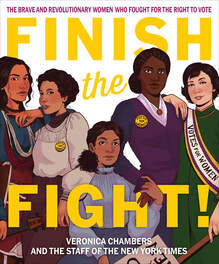 As we approach the final quarter of 2020, fires rage along the West Coast. Many regions of the United States face drought conditions. Gulf communities are inundated by Hurricane Sally while a string of storms line up in the Atlantic, waiting their turn. The impact of climate change is evident. COVID-19 continues to wreak havoc on our lives, our health. We bear witness to the disproportionate impact of COVID-19 on minoritized groups, including Black and Latinx communities, Native Americans, and the elderly. Across America, Black Lives Matter protests carry on, demanding that our nation invest in the essential work necessary to achieve a more perfect union through racial justice. In 2020, we remember moments of historic change, commemorating the 30th anniversary of the Americans with Disabilities Act and the 100th anniversary of the 19th Amendment. 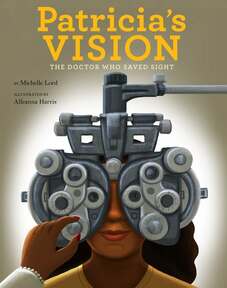 The intensity of this moment can’t be denied. It’s demanding. It’s exhausting. Whether you are a teacher, librarian, or university faculty member, you are likely teaching in multiple new formats and modalities, facing daily logistical challenges. Caregivers also face new hurdles in supporting young people’s learning. How do you meet the needs of students and the needs of this moment in history? How do you find hope in literature? Perhaps one way is to turn to the people of the past and the present who are working on the edges of scientific knowledge. Or, to turn to the people of the past and the present who have acted as champions of social justice. Their life stories offer young people models of agency and action, blueprints for change. To that end, The Biography Clearinghouse shares 20 biographies for 2020, a list of recent picturebook and collected biographies to connect with the challenges of the moment. This list is not comprehensive. It is simply a starting place. We hope these recently published biographies of diverse changemakers can become part of your curriculum or part of your read aloud calendar, in-person or over video conferencing software. Biographies About ScientistsBiographies About Champions for Change
If you have any picture book or chapter-length biographies or collected biographies for young people that you would like to recommend, please email us at [email protected]. We’re also interested in hearing more about how you’re using life stories in the classroom this year. Mary Ann Cappiello teaches courses in children’s literature and literacy methods at Lesley University, blogs about teaching with children’s literature at The Classroom Bookshelf, a School Library Journal blog, and is a former chair of NCTE’s Orbis Pictus Award for Outstanding Nonfiction K-8. BY JEANNE GILLIAM FAIN Reflecting on the 2020 NCBLA List, our seven-member committee believes in the influence of each individual book and the power of the books grouped together to offer another layer of meaning. After reviewing over 400 titles with 2019 copyright dates appropriate for readers in K-8th grade, the members of the 2020 Notable Children’s Books in the Language Arts Committee met online to decide upon our final list of 30 titles. We read books multiple times and learned from each other as we carefully considered the craft of each book. In this post, I am going to highlight two picture book biographies from the 2020 NCBLA List: Soldier for Equality: Jose´de la Luz Sáenz and the Great War (2019) and Feed your mind: A story of August Wilson (2019). Tonatiuh, D. (2019). Soldier for Equality: Jose´de la Luz Sáenz and the Great War. New York, NY: Abrams Books for Young Readers, unpaged.
Bryant, J. (2019). Feed your mind: A story of August Wilson. (C. Chapman, Illus.). New York, NY: Abrams Book for Young Readers, unpaged.
Golden Line Strategy & Flip Grid Both picturebooks feature high-quality language and there are many golden lines, lines that really resonate with the reader, within these texts. The golden line strategy involves the reader choosing a specific line from the picture book biography that causes the reader to pause, ponder, reflect, and/or question the text. The line should purposely connect with the reader. Readers can choose the golden line from the text and post responses on Flipgrid. Using flipgrid, the reader can record the reading of the golden line. The teacher can post invitational questions on the flipgrid. Readers can create their own response or answer one of the invitational questions and post on flipgrid. Readers can listen to their peers' golden line responses and post a response back. Invitational Questions:
Meet the Notables Committee
Jeanne Gilliam Fain is s a professor at Lipscomb University in Nashville, Tennessee and Chair of the 2020 Notables Committee. BY KATHRYN CAPRINO
Teachers have been thinking about how to incorporate mindfulness into the elementary school classroom for a bit now. During the fall semester, I completed a study about how children’s picture books that featured mindfulness affected preservice teachers’ mindfulness and how they were thinking about incorporating mindfulness into their classrooms.
And the recent global pandemic has only underscored the importance of having children’s picture books that feature mindfulness. We, as parents, teachers, and teacher educators, need them for ourselves. And we need them for our students. In this post, I share a few contemporary picture books that feature mindfulness elements, and include electronic resources that complement each book - perfect during this time of remote learning. It is my hope that these titles might help us all get through these trying times and propel us into a more mindful approach to what normal looks like on the other side of all this.
|
|
Quick side note: I had the opportunity of seeing a traveling Carle exhibit in Norfolk, Virginia, last summer. With pieces from The Eric Carle Museum of Picture Book Art , the exhibit provided visitors with an opportunity to learn more about Carle’s artistic process and to see some of the most iconic images from his books. One of my favorites was one of his owls! I encourage all of you to visit the museum once things return to normal. You can ask your students to take a virtual tour of the museum.
|
Tomie dePaola's Quiet
Susan Verde and Peter H. Reynolds' I am Peace: A Book of Mindfulness
Mariam Gates' Good Morning Yoga
Kira Willey and Anni Betts' Breathe Like a Bear
- Intention relates to having a personal vision.
- Attention relates to focusing on moments in our lives.
- And attitude relates to the approach one takes to attention.
Shapiro, S. L. Carlson, L. E., Astin, J.A., & Freedman, B. (2006). Mechanisms of mindfulness.
Journal of Clinical Psychology, 62(3), 373-388.
BY ASHLEY A. ATKINSON
One silver lining that has stemmed from COVID19 is the influx of resources provided by authors and illustrators to assist parents and teachers in engaging with literacy learning at home. I have seen several blog posts, including Lora M. Dewalt's Post on this blog @Instagram’s #KidLit Community, that highlight amazing opportunities to engage with authors. In today’s post, I am going to focus on the illustrators.
Visual images are an important aspect of meaning making for young children. Often in the classroom, we focus on the words authors pen and less on ways in which the illustrator is a crucial part of the story. Larry Sipe in his book, Storytime: Young Children's Literary Understanding in the Classroom, highlighted the interplay and interconnectedness between images and text, what he called synergy. The synergistic relationship of illustrations and text makes clear the greater impact when viewed together. Giving students a chance to engage and create both text and illustrations honors this relationship and expands the possibilities for how children make meaning.
|
A perfect example of this powerful union is Drawn Together, written by Minh Lê and illustrated by Dan Santat. This picturebook starts with panels where images begin the story. Throughout the story as the words and images collide, they both become more impactful and moving, highlighting their synergistic relationship. Watch the video to the right as Dan Santat shares his process for creating the art in this text.
|
|
Resources for Creation
Mo Lunch DoodlesYou may be familiar with Mo Willems as the well-known author and illustrator of the Elephant and Piggie book series, but did you know he is also the Kennedy Center Education Artist-in-Residence at Home? In partnership with the Kennedy Center, he has created 15 episodes of Lunch Doodles with Mo Willems. In his own words, Mo Willems says, “You might be isolated, but you’re not alone. You are an art maker. Let’s make some together.” The series offers downloadable activities that focus on his creative process as well as some “how to draw” activities. In an effort to isolate together, students can tag their artwork on social media with #MoLunchDoodles. What a great way for students to see how a single image can be the seed that grows into a whole picturebook! How to Draw DisneyDisney is offering its own how to draw series which allows students to create their own stories around some of their favorite characters.
|
Dav Pilkey at HomeAnother great resource comes from Dav Pilkey, author and illustrator of Captain Underpants and Dog Man. He is working in conjunction with Scholastic and the Library of Congress to offer weekly video lessons that focus on a chance to read, to draw, to create, and to engage with other multimodal fun. What is great about this resource is that it offers a chance for families to have conversations around books and create art together. Ready- Set- DrawKidlit.tv, a great resource on its own, has a subpage called Ready-Set-Draw that includes how to draw characters from several current children’s picturebooks. This is a great resource to pair with read-aloud videos and book talks #KidsDailyDebbieOhiLastly, Debbie Ridpath Ohi offers daily creation challenges via her twitter that allows another way for students to work together while apart. Each day offers an art creation project that can be down with things around the house. Some recent challenges... broken crayon story/art, creating a dog character, and laundry art! Check out other children’s responses by searching for her tag #KidsDailyDebbieOhi. |
These resources can offer entry into discussions of the images within picturebooks or a great springboard into students creating their own stories. They also create opportunities for students and families to engage with literacy in a new way. I hope you enjoy using these resources to help your students and families have a little fun as they imagine and create together.
Authors:
CLA Members
Supporting PreK-12 and university teachers as they share children’s literature with their students in all classroom contexts.
The opinions and ideas posted in the individual entries are those of the individual authors and do not necessarily reflect the opinions or views of CLA or the Blog Editors.
Blog Editors
contribute to the blog
If you are a current CLA member and you would like to contribute a post to the CLA Blog, please read the Instructions to Authors and email co-editor Liz Thackeray Nelson with your idea.
Archives
May 2024
April 2024
March 2024
February 2024
January 2024
December 2023
November 2023
October 2023
September 2023
August 2023
May 2023
April 2023
March 2023
December 2022
November 2022
October 2022
September 2022
August 2022
June 2022
May 2022
April 2022
March 2022
February 2022
January 2022
December 2021
November 2021
October 2021
September 2021
August 2021
June 2021
May 2021
April 2021
March 2021
February 2021
January 2021
December 2020
November 2020
October 2020
September 2020
August 2020
June 2020
May 2020
April 2020
March 2020
Categories
All
Activism
Advocacy
African American Literature
Agency
All Grades
American Indian
Antiracism
Art
Asian American
Authors
Award Books
Awards
Back To School
Barbara Kiefer
Biography
Black Culture
Black Freedom Movement
Bonnie Campbell Hill Award
Book Bans
Book Challenges
Book Discussion Guides
Censorship
Chapter Books
Children's Literature
Civil Rights Movement
CLA Auction
CLA Breakfast
CLA Expert Class
Classroom Ideas
Collaboration
Comprehension Strategies
Contemporary Realistic Fiction
COVID
Creativity
Creativity Sponsors
Critical Literacy
Crossover Literature
Cultural Relevance
Culture
Current Events
Digital Literacy
Disciplinary Literacy
Distance Learning
Diverse Books
Diversity
Early Chapter Books
Emergent Bilinguals
Endowment
Family Literacy
First Week Books
First Week Of School
Garden
Global Children’s And Adolescent Literature
Global Children’s And Adolescent Literature
Global Literature
Graduate
Graduate School
Graphic Novel
High School
Historical Fiction
Holocaust
Identity
Illustrators
Indigenous
Indigenous Stories
Innovators
Intercultural Understanding
Intermediate Grades
International Children's Literature
Journal Of Children's Literature
Language Arts
Language Learners
LCBTQ+ Books
Librarians
Literacy Leadership
#MeToo Movement
Middle Grade Literature
Middle Grades
Middle School
Mindfulness
Multiliteracies
Museum
Native Americans
Nature
NCBLA List
NCTE
NCTE 2023
Neurodiversity
Nonfiction Books
Notables
Nurturing Lifelong Readers
Outside
#OwnVoices
Picturebooks
Picture Books
Poetic Picturebooks
Poetry
Preschool
Primary Grades
Primary Sources
Professional Resources
Reading Engagement
Research
Science
Science Fiction
Self-selected Texts
Small Publishers And Imprints
Social Justice
Social Media
Social Studies
Sports Books
STEAM
STEM
Storytelling
Summer Camps
Summer Programs
Teacher
Teaching Reading
Teaching Resources
Teaching Writing
Text Sets
The Arts
Tradition
Translanguaging
Trauma
Tribute
Ukraine
Undergraduate
Using Technology
Verse Novels
Virtual Library
Vivian Yenika-Agbaw Student Conference Grant
Vocabulary
War
#WeNeedDiverseBooks
YA Lit
Young Adult Literature

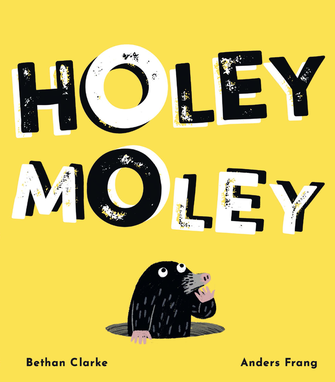
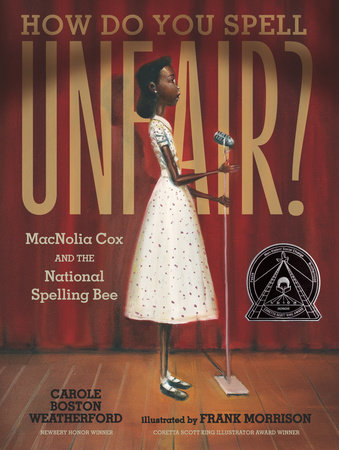
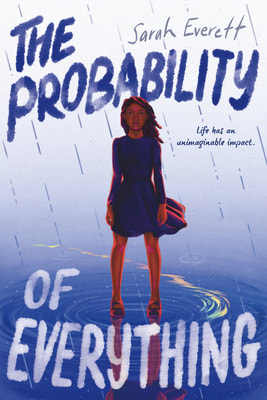
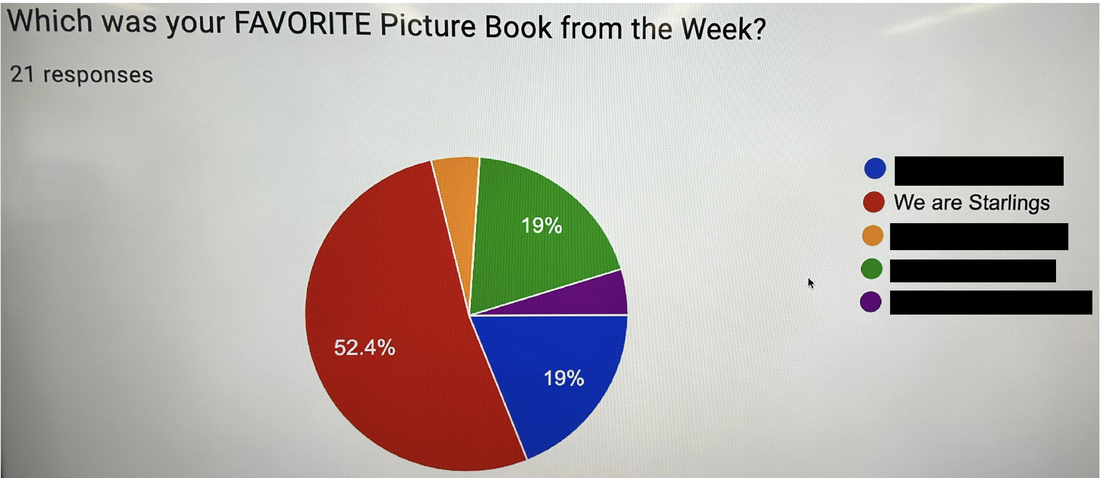
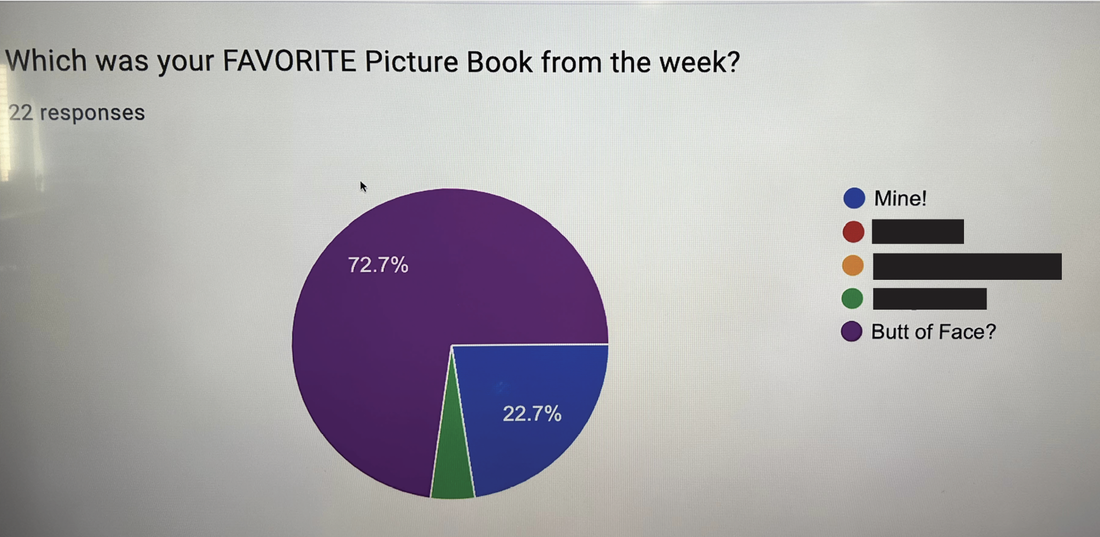
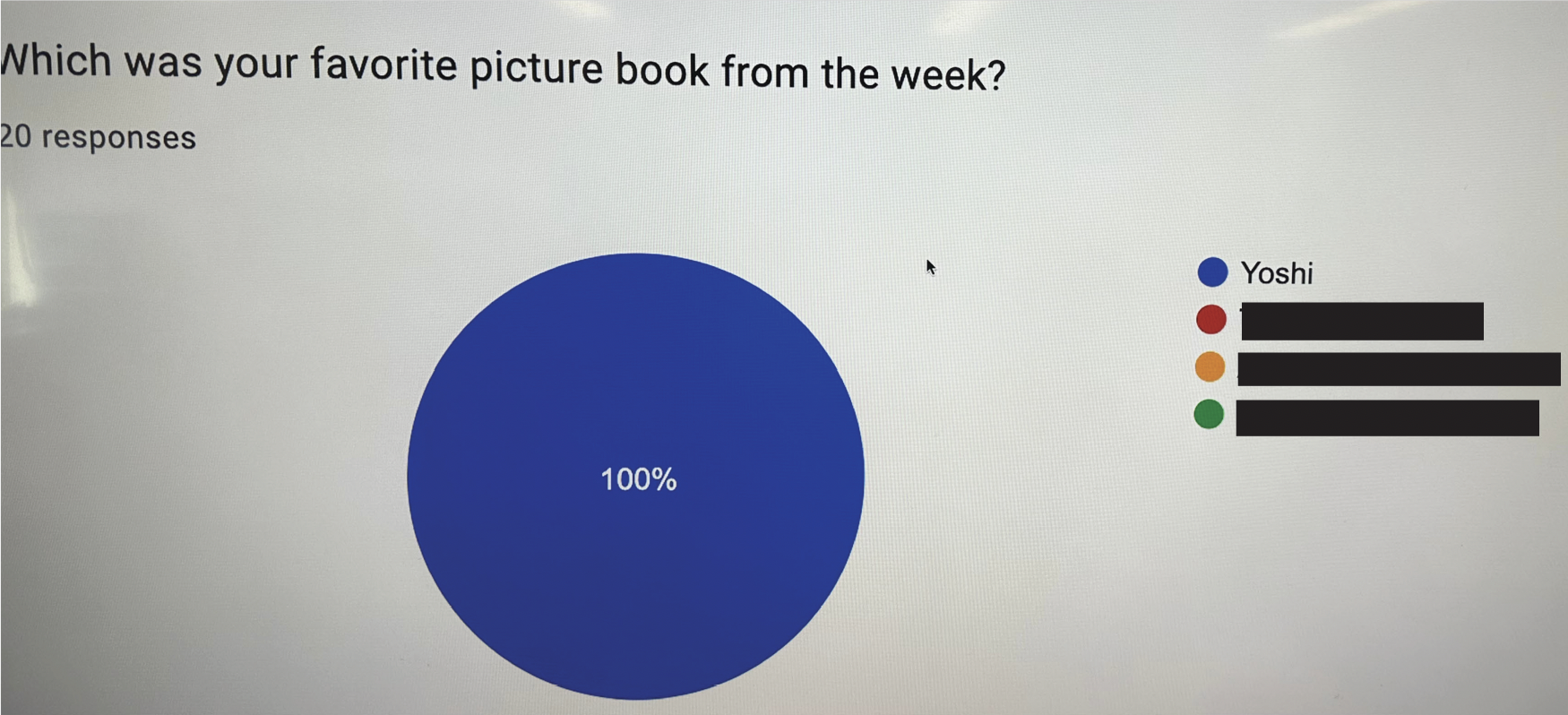
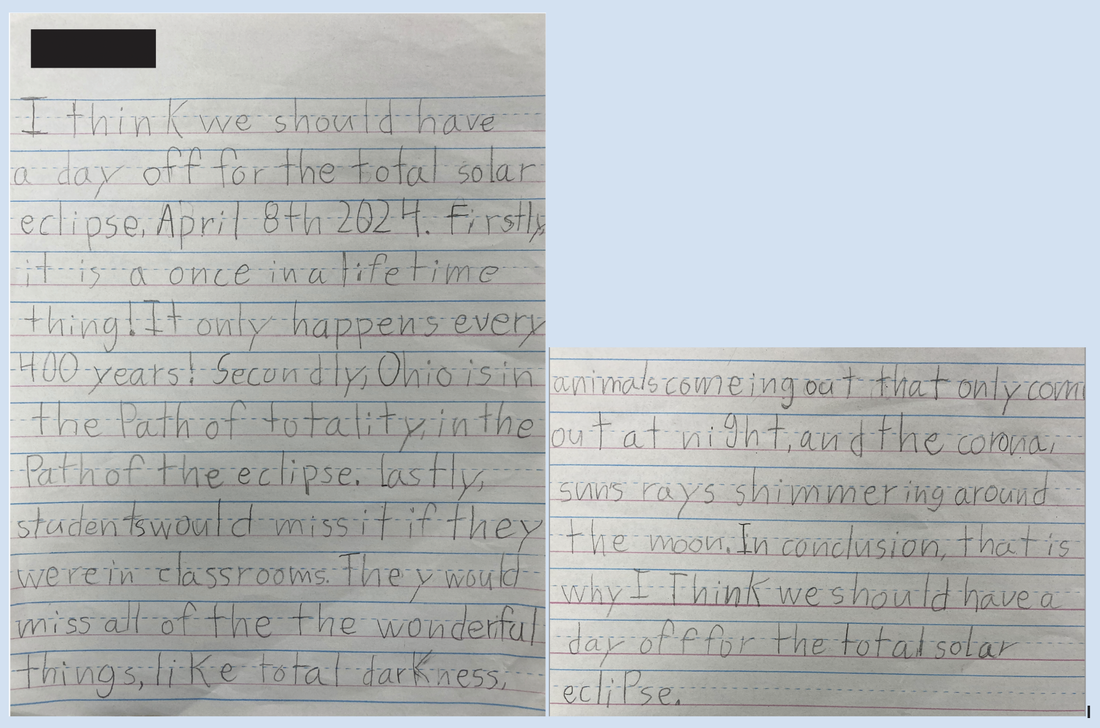
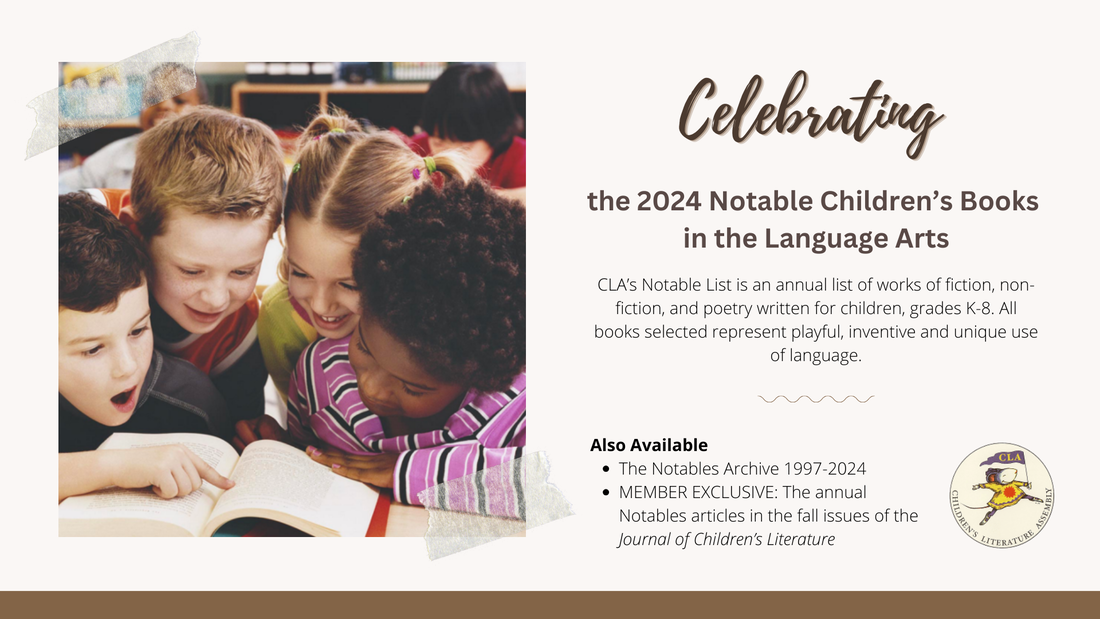
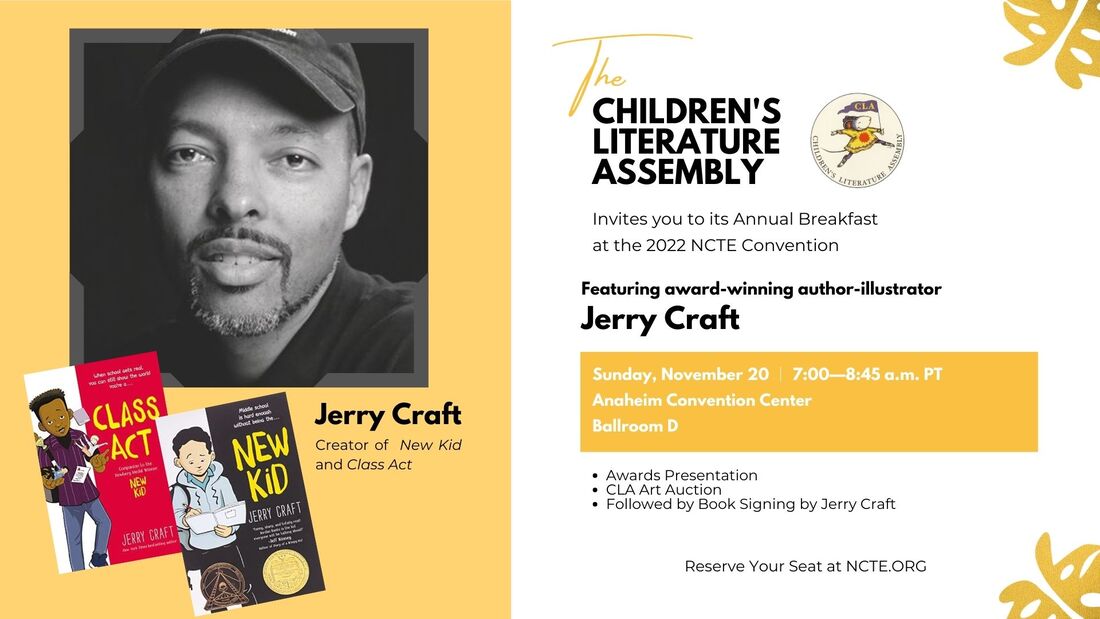
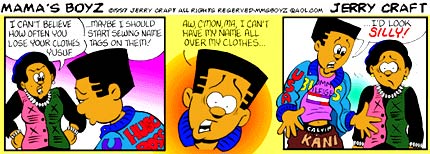
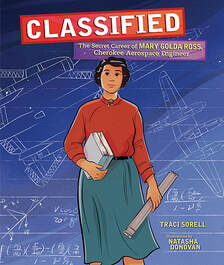
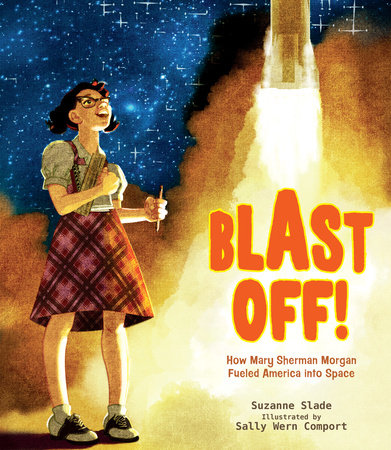
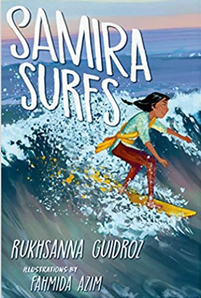
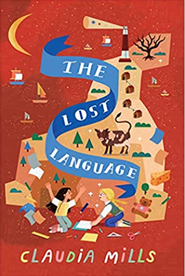
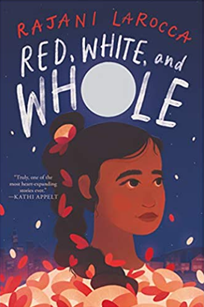
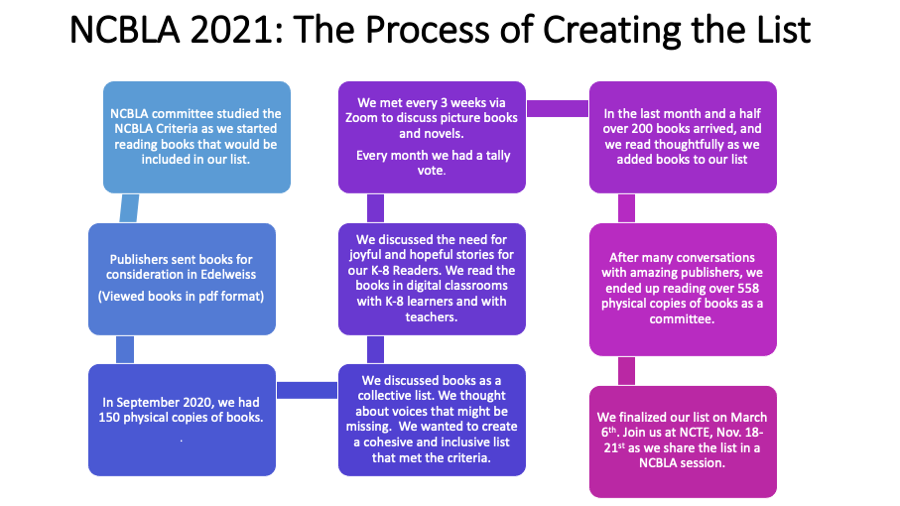
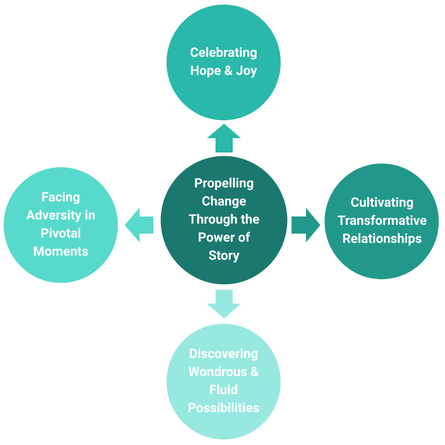
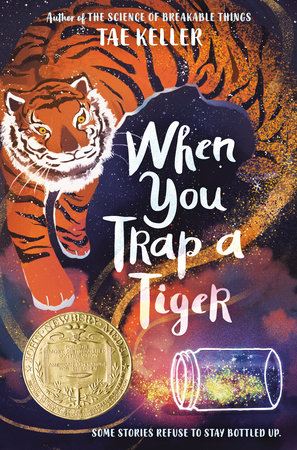
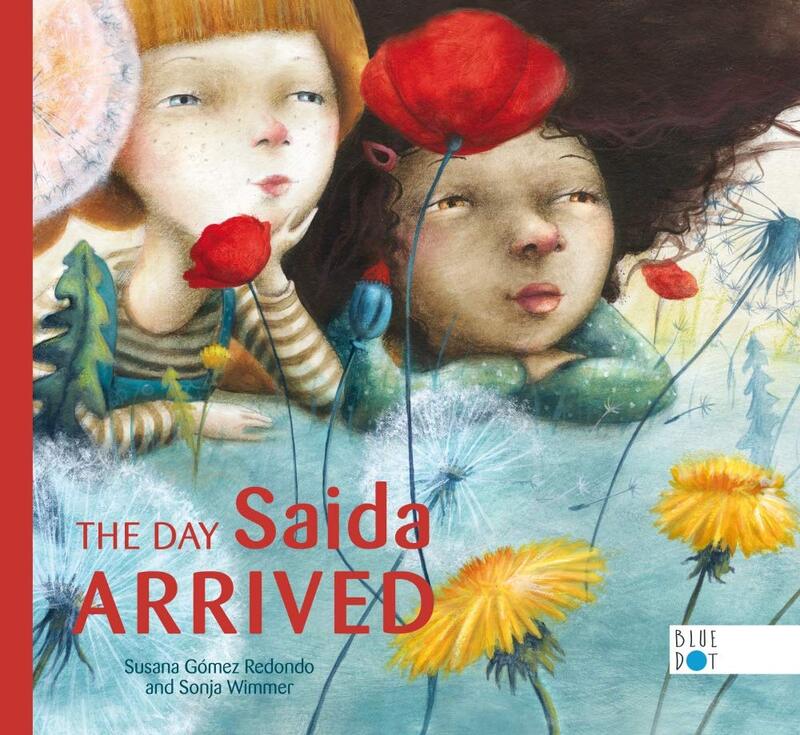
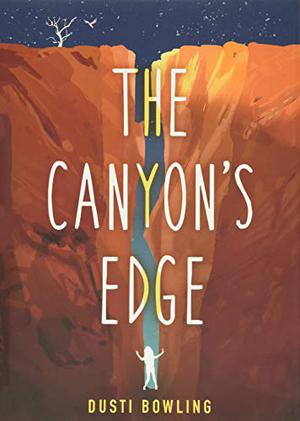
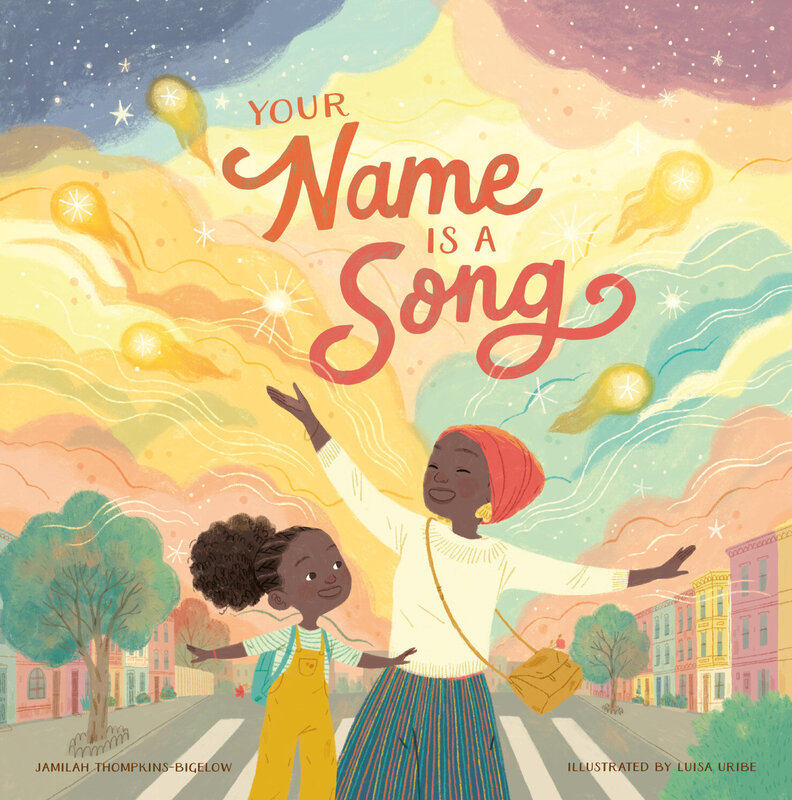
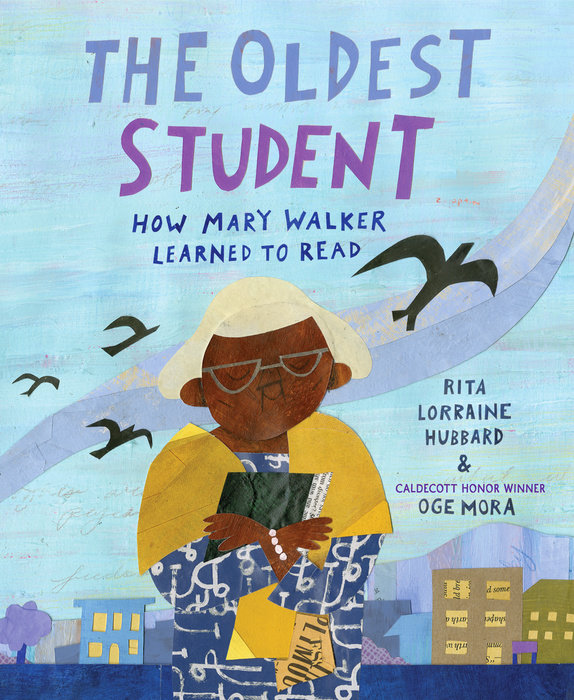
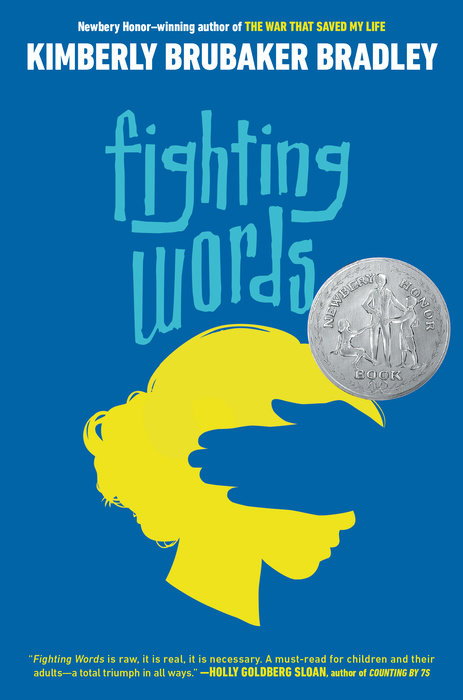
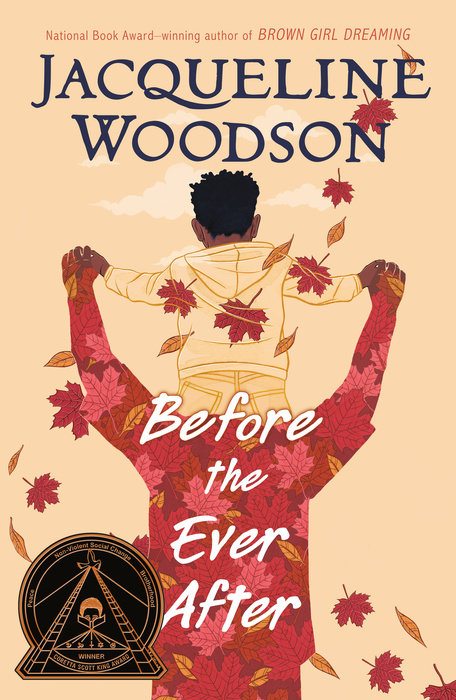
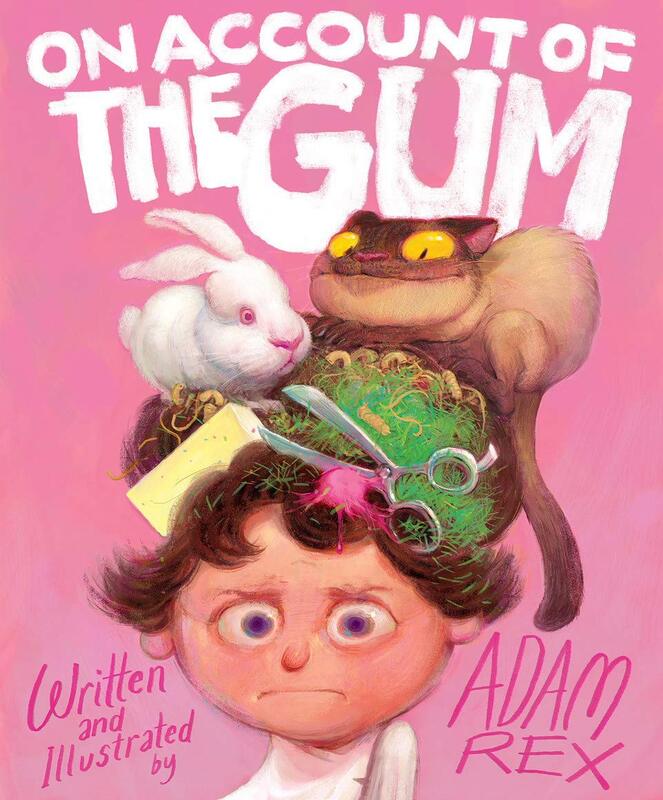
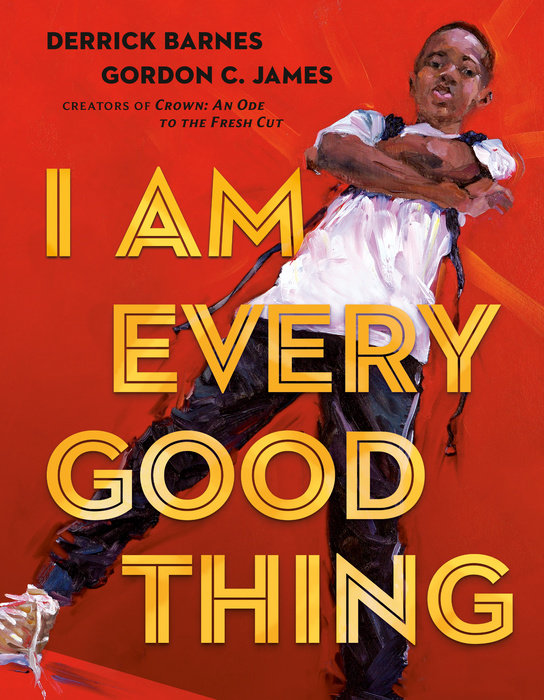
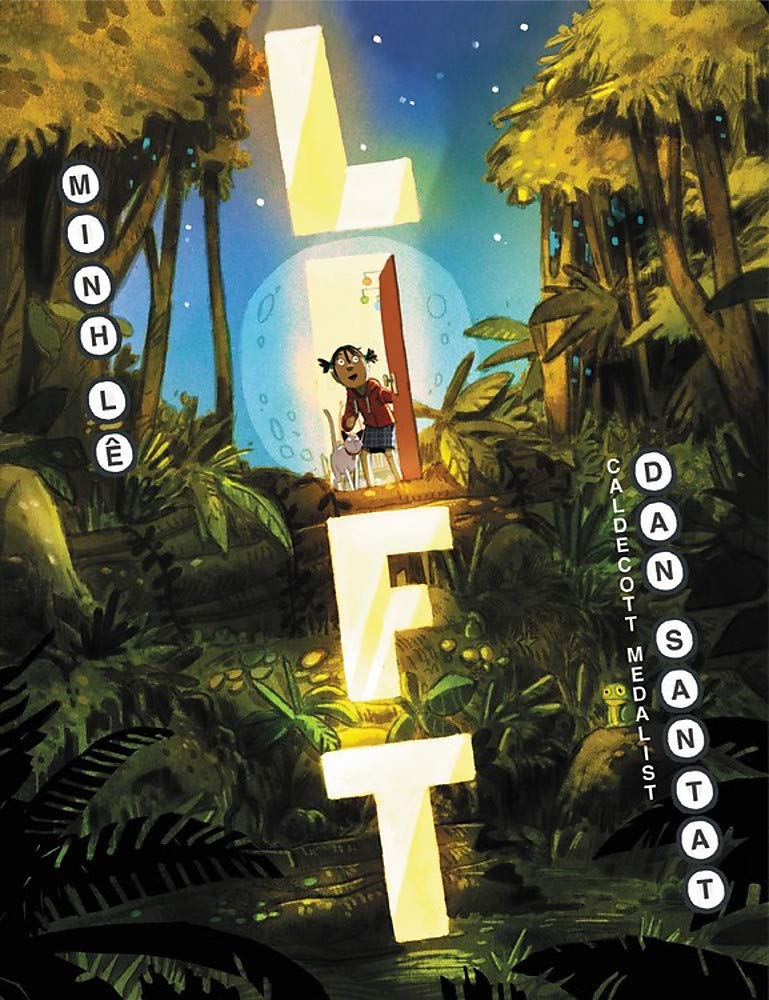
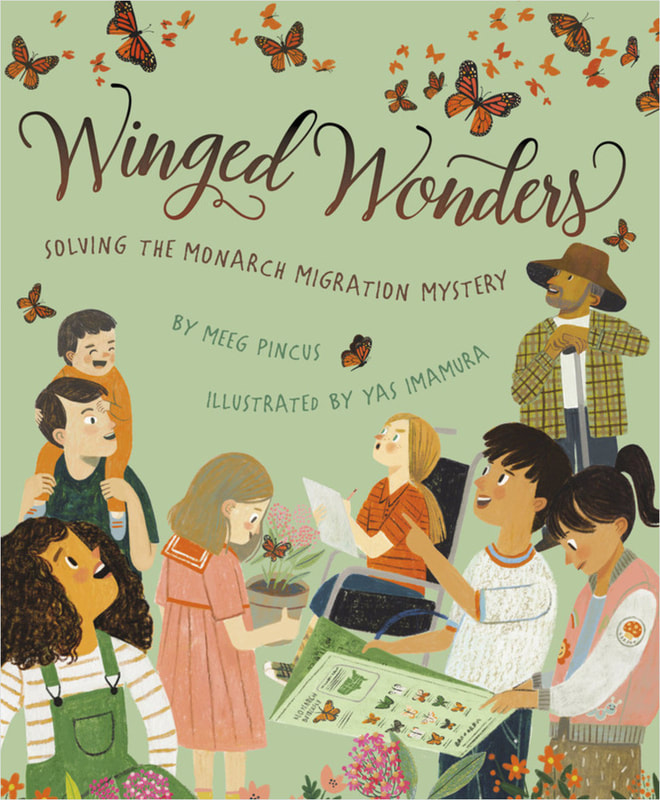
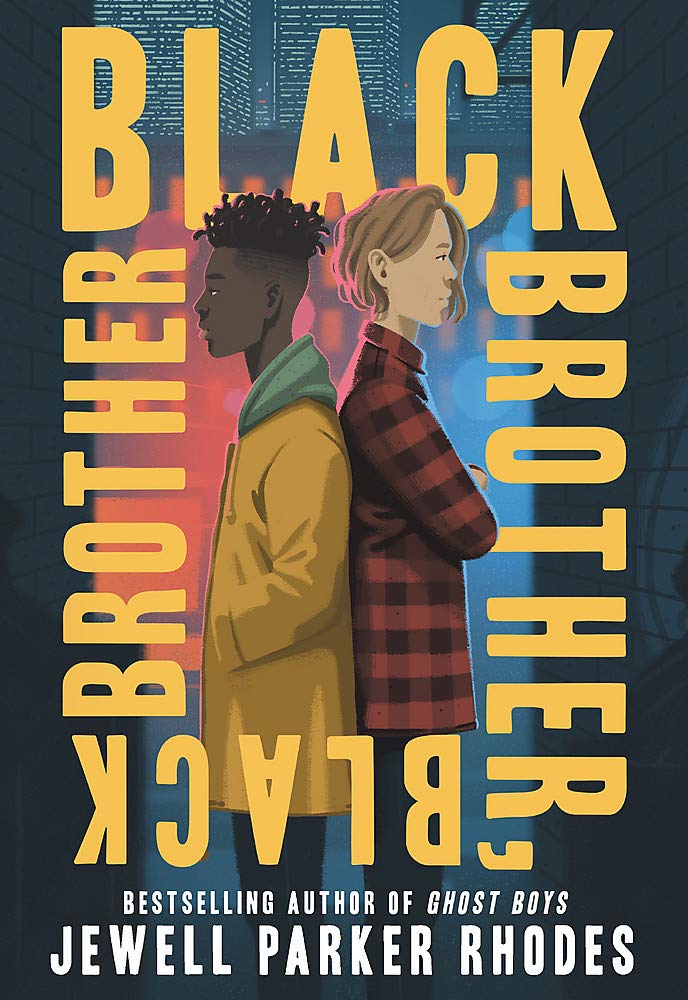
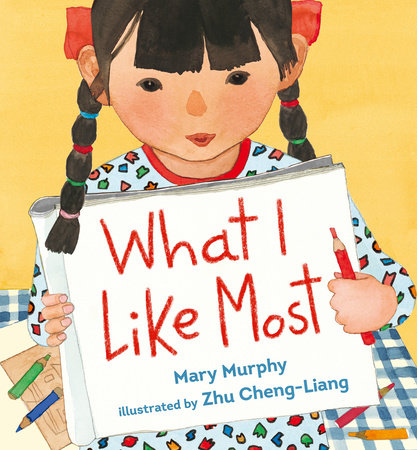
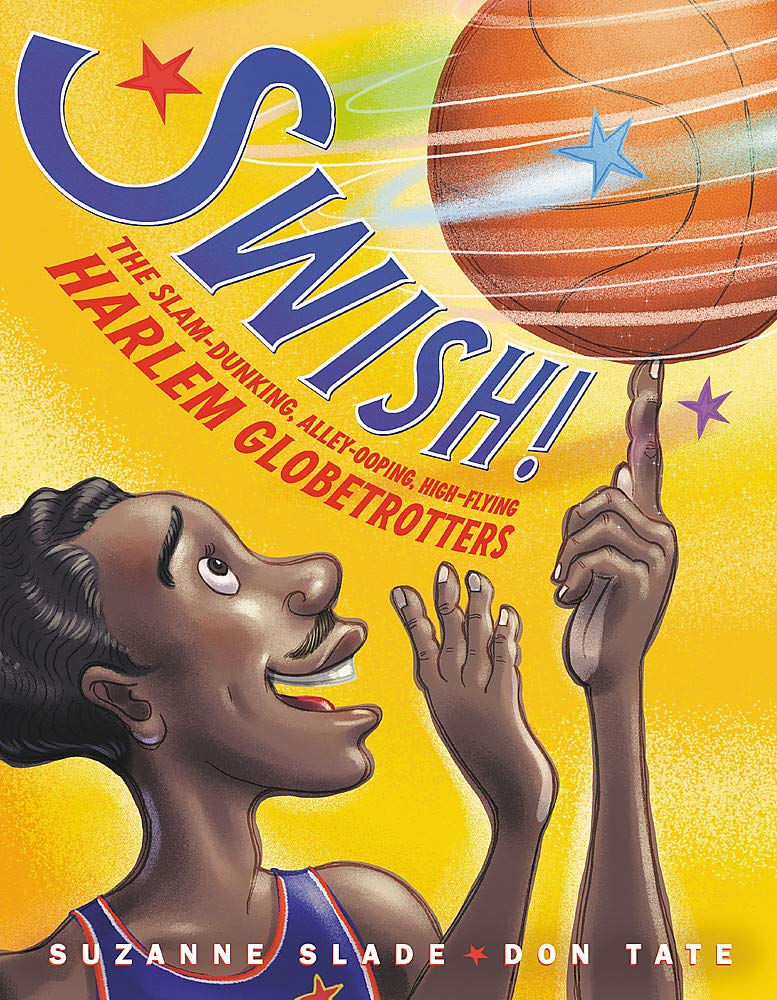
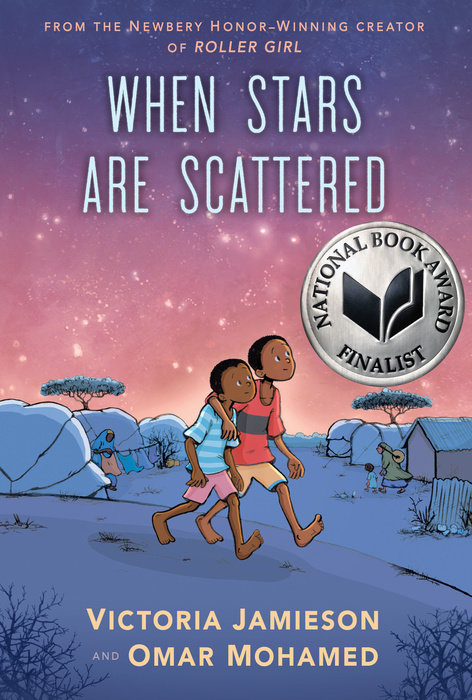
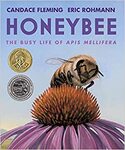
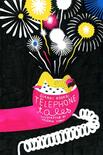
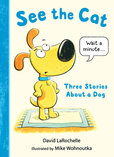
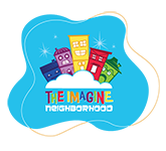
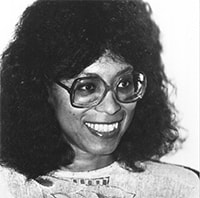
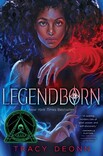
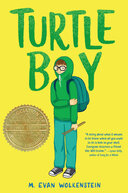
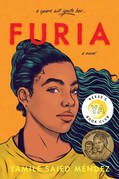
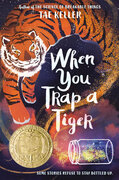
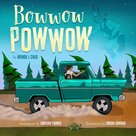
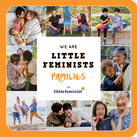
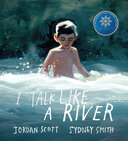
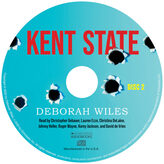
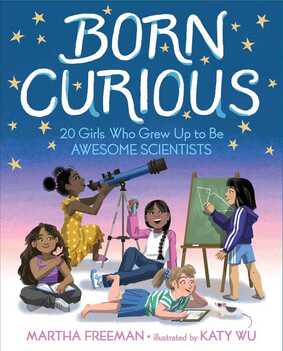
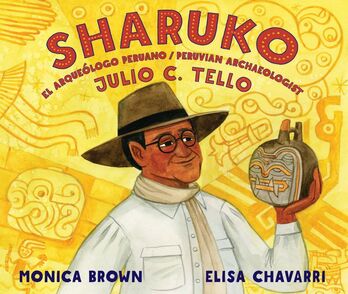
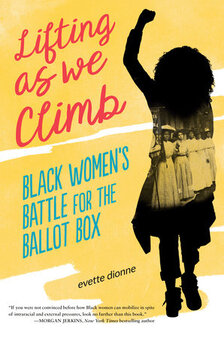
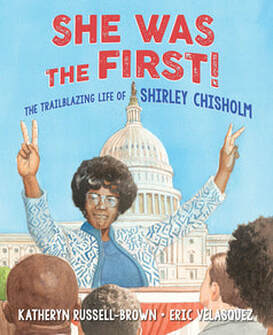
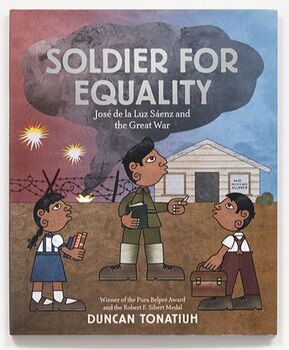
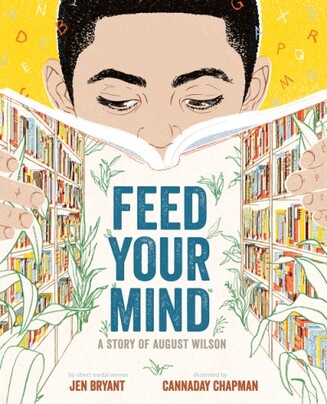
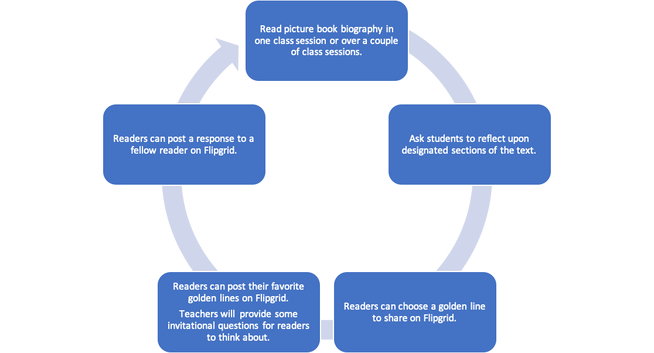
 RSS Feed
RSS Feed